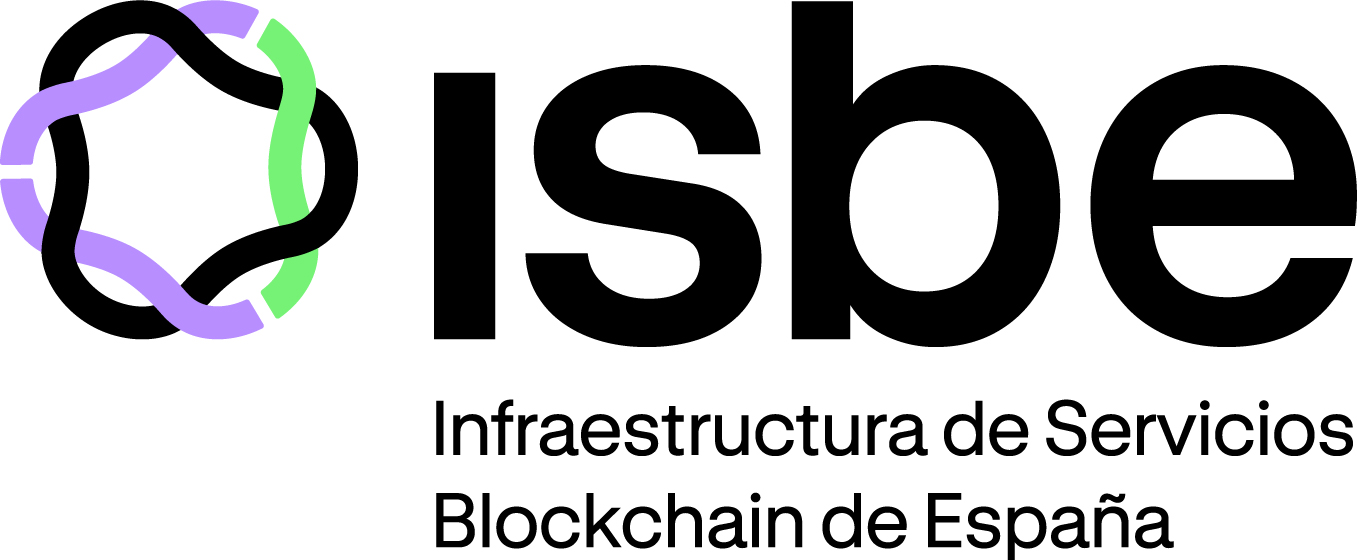Execution period: February 2025 – December 2025
The Blockchain Services Infrastructure of Spain (ISBE) is a strategic project driven by the Community of Madrid, implemented by Alastria, and funded by the European Union’s Recovery, Transformation and Resilience Plan – Next Generation EU. Its aim is to deploy the first national, public and interoperable blockchain network, aligned with the European Blockchain Services Infrastructure (EBSI), to foster digitalisation, innovation, and sustainability in Spain.
Purpose
ISBE’s primary mission is to facilitate the adoption of blockchain technologies in an accessible, secure, and efficient way, driving the digital transformation of businesses, public administrations, and citizens. Its design is aligned with the European EBSI infrastructure, enabling operation in an interoperable, sustainable environment in accordance with EU standards.
The ISBE network emerges at a strategic moment, when 97% of Spanish companies already acknowledge the relevance of blockchain and tokenised assets are expected to account for 10% of global GDP by 2030. In this context, ISBE provides a robust infrastructure based on Hyperledger Besu, designed to support real-world use cases in areas such as digital identity, traceability, process automation, and sustainability, promoting an inclusive digital economy aligned with European values.
Furthermore, ISBE promotes sustainability through tools to measure carbon footprint, encourage the circular economy, and support green business models. It also fosters the creation of new business models based on digital identity, intelligent automation, and reliable certifications, becoming a key platform for Spain to lead digital innovation in Europe.
Alastria’s involvement
Alastria leads the design, deployment, and technical governance of the ISBE network, contributing its expertise in developing public–permissioned blockchain infrastructures and European standards for interoperability and digital trust. In addition, it plays a role in ecosystem engagement, technical support, training, and communication, ensuring the effective adoption of the network by both the business and institutional sectors.
More information about ISBE: redisbe.com
